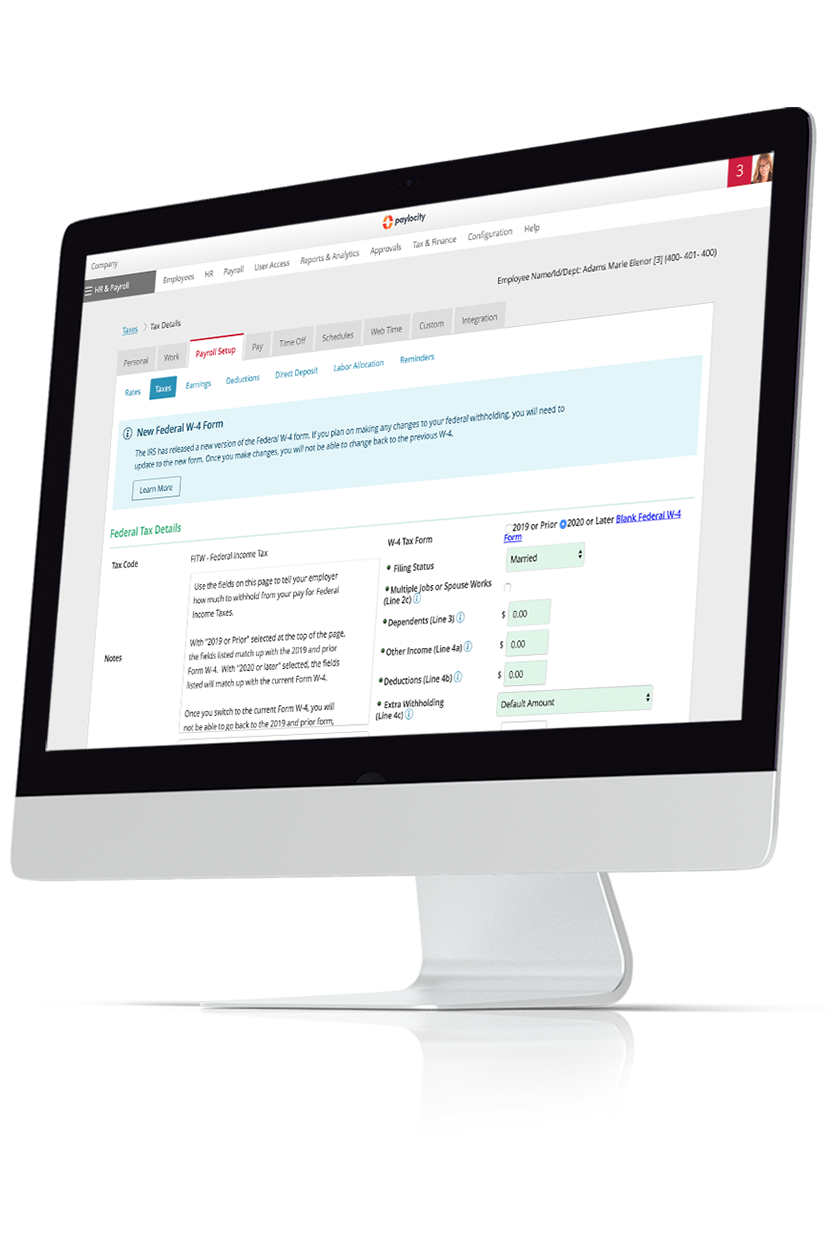Read More: Form 941: How to Report Federal Payroll and Income Tax
Wage Base Limits
There is a limit, however, to FICA’s Social Security tax. The 2025 wage base limit states FICA’s tax rate for Social Security can only be applied to the first $176,100 of an employee's annual wages.
This means if an employee earns $180,000, FICA taxes will only be applied to the first $176,100 of those total wages. After that wage base limit is met, the remaining annual wages the employee earns that calendar year will not be subject to FICA’s Social Security tax.
Additional Taxes
There is currently no wage base limit for FICA’s Medicare tax, but there is an Additional Medicare Tax employees must pay if they earn over a certain amount. Employees who earn over $200,000 annually and file their tax returns as an individual owe an additional 0.9% in Medicare taxes on top of the 1.45% mentioned above.
Married employees who file jointly while earning over $250,000 annually or file separately while earning over $125,000 annually are also subject to this additional tax.
FICA FAQs
Are FICA taxes mandatory?
Yes, all employees must pay FICA taxes on their gross wages on every paycheck, including taxes for Social Security and Medicare.
Are there any FICA tax exemptions?
Yes, there are certain workers (like students and some nonresident aliens) and certain wages (like mileage reimbursements) that aren’t liable for FICA taxes.
What’s the current FICA tax rate?
In 2025, a total of 15.3% of an employee’s wages should go to FICA taxes, with 12.4% specifically for Social Security and the remaining 2.9% going to Medicare.
Are FICA taxes the same as income taxes?
No, FICA taxes are shared between an employee and employer, and go to specific government programs for Social Security and Medicare benefits. Federal income taxes are paid only by an employee, though they’re collected and paid to the IRS by employers on an employee’s behalf.
Are FICA taxes the same as Social Security taxes?
Partially, as FICA taxes include Social Security taxes and Medicare taxes.
Do you pay FICA taxes if you’re self-employed?
Yes, but it's called the Self-Employed Tax and is governed by SECA instead of FICA. The rates and calculations under SECA are the same as FICA, but self-employed workers must pay the entire amounts themselves as they don’t have an employer that shares tax responsibilities with them.

